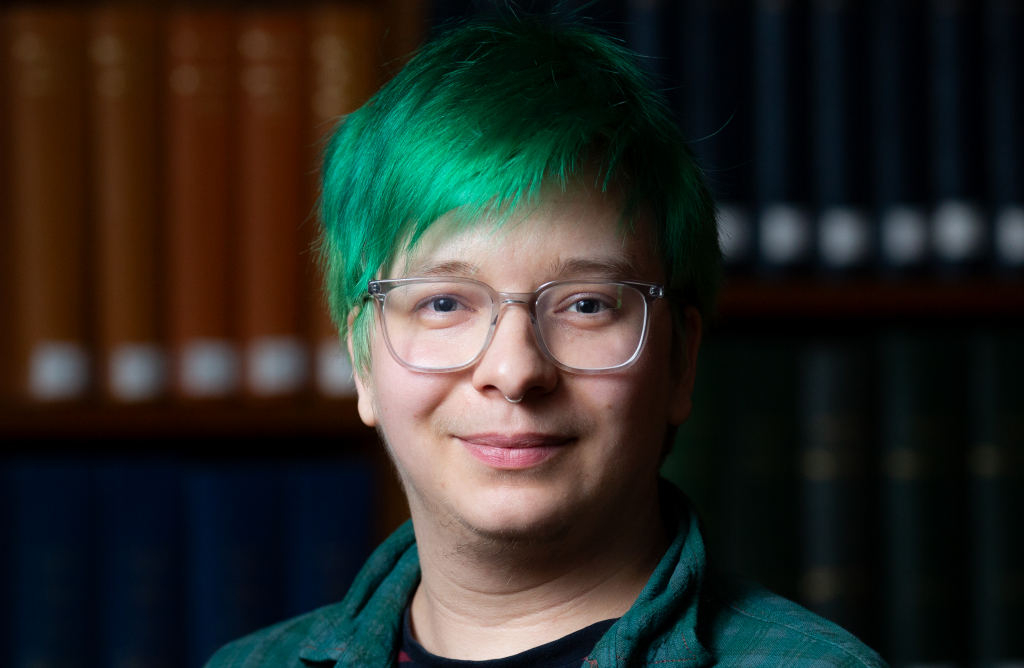
Dr. Bean Sharp: IDAHOBLIT 2025
IDAHOBLIT (International Day Against Homophobia, Biphobia, Lesbophobia, Intersexphobia and Transphobia or International Day Against LGBTQIA+ Discrimination), is a key date in the EDI calendar, marking the start of summer celebrations of LGBTQ+ acceptance and inclusion and prompting reflections on how far we have yet to go.
This year marks the 20th anniversary of IDAHOBLIT (originally IDAHO), a day that has been commemorated on the 17th May every year since 2005. The first “I” in the acronym – for “international” – speaks to the initiative’s primary goal: to coordinate worldwide events that raise awareness of discrimination against sexual and gender minorities. IDAHOBLIT events have had an impressive impact, with some countries introducing legislation in support of their LGBTQ+ communities on 17th May as a gesture of appreciation to IDAHOBLIT activists, event organisers, and participants.
The specific date, 17th May, was chosen by IDAHOBLIT’s founders to mark the date when homosexuality was removed from the World Health Organization’s International Classification of Diseases in 1990, after a long struggle by lesbian and gay activists. This followed the American Psychiatric Association’s 1973 decision to remove homosexuality from their Diagnostic and Statistical Manual of Mental Disorders.
Sadly, we still encounter the pathologization of gender and sexual diversity, with LGBTQ+ people still considered mentally ill or dangerous predators by parts of society. Here in the UK, the lingering impact of non-normative gender and sexuality being categorised as mental disorders can still be felt, with current struggles against the use of conversion therapy and persistent myths that LGBTQ+ people pose a threat to others’ safety.
Anti-discrimination legislation continues to be needed, across the world and in the UK. LGBTQ+ people in many countries face a lack of anti-discrimination protections or legislation that criminalises their existence. Elsewhere, anti-discrimination protections for LGBTQ+ people are under threat or have been rolled back. The progress we have made here in the UK is fragile.
Celebrating IDAHOBLIT is personal for me: it marks the start of my involvement in activism around LGBTQ+ rights. I came out as bisexual to my parents around 2010, just after I was elected by my college in North Devon to be the LGBT officer on our Students’ Union. In this role, I organised an event for IDAHOBLIT (or IDAHOT at the time), inviting everyone at college, regardless of their gender or sexuality, to wear a fun hat to college that day to celebrate. It was a small and simple thing, but it meant a lot to me and other LGBTQ+ students on campus to see others supporting and celebrating us.
Following the IDAHOBLIT event I organised, I set up an LGBTQ+ student group, holding meetings in a nearby café with generously donated rainbow cake and running film screenings at the college. Some attendees at those meetings had grown up thinking they were the only LGBTQ+ person in the area – the isolation students felt because of the discrimination they had encountered at school and prejudiced views in their local communities was heartbreaking. Together we ran poster campaigns against homophobia and transphobia and joined the campaign to end discrimination against gay men donating blood. We organised an end-of-year music event in support of LGBTQ+ rights, raising funds for charity.
Remembering IDAHOBLIT for me means reflecting on a decade and a half of activism with my community. The college I went to now promotes its thriving LGBTQ+ student group as well as support resources for LGBTQ+ students. The campaign to end a blanket ban on gay men donating blood was successful. While the struggle continues, it inspires me to read about the amazing work around the world in support of LGBTQ+ rights. This IDAHOBLIT, I’m holding onto hope, knowing that actions can bring change.






0 Comments